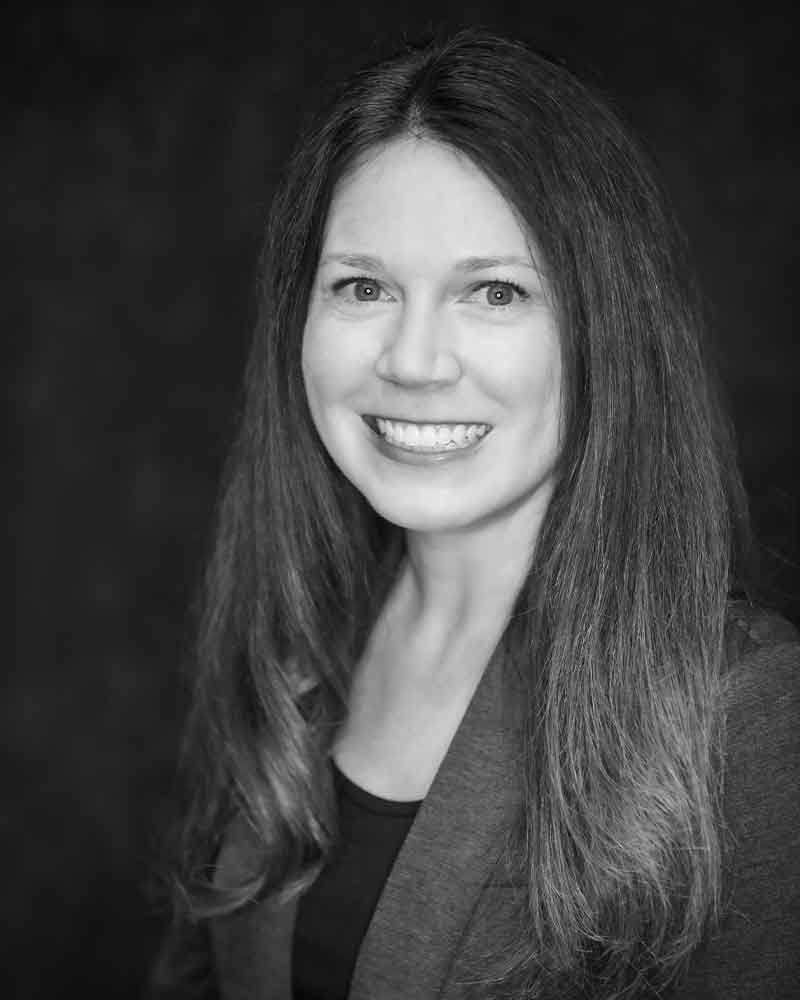Mentorship a Key Benefit of MOL Degree for Riddick
 Melanie Riddick never intended to go to graduate school but when she discovered a degree that would advance her career, everything changed.
Melanie Riddick never intended to go to graduate school but when she discovered a degree that would advance her career, everything changed.
“My husband was looking into getting his MBA at Trevecca and sent me a link for the master’s in organizational leadership (MOL) program,” said Riddick. He said ‘I think this would align with your career goals.’ I had never heard of such a degree so I looked into it and realized it would be a great opportunity.”
There were many key aspects to the MOL that made a difference for Riddick, but one of the most important was mentorship. Students have the opportunity to connect with professionals who may be able to provide additional learning and guidance outside of the program.
Riddick’s mentor was Dr. Tom Middendorf, now Trevecca’s provost and a senior vice president. At the time, he was head of the MOL program and taught the introductory class.
“It was great to go to him for wisdom on how to navigate the program. We would talk through things I was experiencing in my current job and how to translate concepts from class into those situations,” said Riddick. “He was always willing to schedule a call. The fact that mentorship was available was very impactful and unique. It is certainly something I didn’t have in my undergraduate experience.”
She also gained interpersonal knowledge that has helped her navigate an ever changing workplace.
“I learned that I can be a leader and say ‘ok, I see this challenge you’re dealing with, how can I help? Let’s start brainstorming,’” said Riddick. “I try to approach problems in a more positive way and get other people involved. It taught me so many soft skills.”
Riddick had been working at a nonprofit, but eight months after graduating from Trevecca, she transitioned to the corporate world. She now works as a financial compliance manager at a global event management firm.
“Working in the nonprofit sector motivated me to pursue the MOL because I saw so many ways this particular degree program would translate into my work influencing donors, board members and working with stakeholders,” said Riddick. “I found that all those skills align with nonprofit work but they can really go anywhere and it's been fun seeing how that plays out in my current job.”
Balancing a career, family life and masters program took intentionality and time management skills. For Riddick, it has yielded important results and she continues to use the skills she learned.
“I think it’s important to be honest. It’s a time commitment and an energy commitment,” said Riddick. “You just have to go into it knowing you’re committing to it because of what you want to achieve out of it. For me, it was knowing I wanted to grow and be better as a person and in my career. This program continues to be impactful in my world and I’m so glad I made that investment in myself. It was worth it.”
